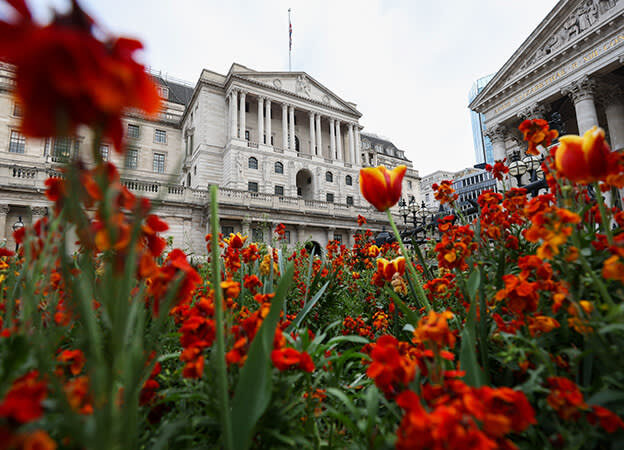
Purchasing Managers’ Indices (PMIs) are, in theory, a straightforward indicator. When the index moves above 50, it signals growth, while any figure below that threshold suggests a contraction. But when the figure hovers around 50 for months at a time, the picture is less clear: is the economy poised to enter a recession, or about to recover?
Last month’s Flash eurozone PMI Composite Index rose for the third month in a row, hitting 50.2 in January – a figure consistent with modest economic growth. The US index remains in contraction territory at 46.6, but still hit a three-month high. In the UK, last month’s figures were gloomier: the Composite PMI fell to 47.8 – a 24-month low. Markets are not quite sure what to make of these figures, with IG senior market analyst Josh Mahoney noting that investors struggled to gauge whether the “set of mixed PMI surveys provide grounds for optimism or pessimism”.
ING senior eurozone economist Bert Colijn thinks that we should take PMI data with a pinch of salt, arguing that “whether this is a recession or not is almost semantics at this point”. He adds that while the difference between -0.1 and 0.1 per cent growth is “interesting for economists, the overall sense of stagnation will likely prevail for most”.
The EC Flash Consumer Confidence Indicator will be released on 20 February, followed by the Flash Composite PMI on 21 February. The US and UK Flash Composite PMIs are also released on 21 February, as is the ZEW Indicator of Economic Sentiment.
Paradoxically, positive PMI and sentiment data this month could fuel fears of persistent inflation, and encourage central banks to hike further. This means that economic strength now could lead to economic weakness later on.
Federal Open Market Committee (FOMC) minutes will be published on 22 February, providing more insight into the rationale behind this month’s 25 bps US rate increase.
Although the European Central Bank’s (ECB) monetary policy committee has already announced that it “intends” to raise interest rates by 50 basis points in its March meeting, President Legarde stressed that future policy rate decisions will be data-dependent. Euro area inflation and core inflation figures will be closely scrutinised by the ECB after their release on 23 February.
US gross domestic product (GDP) figures will be released on the same day, and Michigan sentiment data will follow on 24 February. In the UK, GfK consumer confidence data rounds off the week, and despite a slight bounce last month, it is unlikely that there will be a meaningful rebound in confidence next week.






